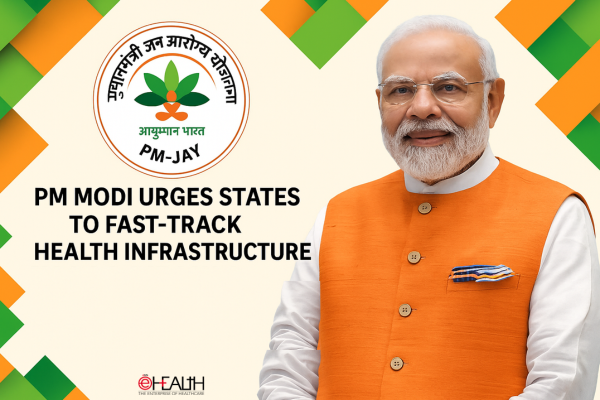
The Indian government is set to revolutionize emergency healthcare with plans to launch over 50 Helicopter Emergency Medical Services (HEMS) units along key national highways. Announced by Union Civil Aviation Minister Ram Mohan Naidu, these HEMS units aim to provide critical medical support in remote and underserved regions, particularly in cases where quick transportation is essential to save lives. Each HEMS unit will operate specialized helicopters outfitted with life-support technology and staffed with trained medical professionals to ensure immediate care and rapid patient transfers to nearby hospitals.
The flagship public HEMS unit will debut at AIIMS Rishikesh through Project Sanjeevani, which focuses on airlifting patients from the challenging terrain of Uttarakhand, demonstrating the government’s dedication to reaching hilly and difficult-to-access areas. This initiative is expected to strengthen the healthcare network for India’s aging population and those in critical need.

In support of this vision, Naidu introduced a ‘Helicopter Accelerator Cell’ within the Ministry of Civil Aviation. This dedicated platform will focus on regulatory support for helicopter operations, expediting processes that are typically constrained by rules designed for fixed-wing aircraft. Naidu emphasized that with its vast population, India’s low count of 250 civilian helicopters lags far behind other countries and underscored the potential for significant industry growth. He encouraged domestic and international manufacturers to establish Maintenance, Repair, and Overhaul (MRO) facilities within India to streamline operations.


Naidu also emphasized the importance of expanding helicopter applications to boost heli-tourism, especially in high-demand areas like Kedarnath and Vaishno Devi. Under the UDAN 5.1 scheme, the government aims to make religious and scenic travel by helicopter more affordable and accessible, reducing travel time for pilgrims and tourists alike. The Minister’s strategic approach includes raising public awareness about the safety of single-engine helicopters, which he highlighted as safe and cost-effective options for both tourism and medical emergencies.

As India aims to build a comprehensive helicopter network, the collaboration with the Rotary Wing Society of India (RWSI) and local state governments promises to drive the accessibility, reliability, and safety of helicopter services. With a broad vision of ‘Sabka Saath, Sabka Vikas,’ the initiative is a step forward in integrating helicopters as a core part of India’s healthcare and transportation infrastructure.
Be a part of history! Express your interest and get featured in our exclusive souvenir, launching at the Bengaluru Tech Summit.
Be a part of Elets Collaborative Initiatives. Join Us for Upcoming Events and explore business opportunities. Like us on Facebook , connect with us on LinkedIn and follow us on Twitter , Instagram.
"Exciting news! Elets technomedia is now on WhatsApp Channels Subscribe today by clicking the link and stay updated with the latest insights!" Click here!
















